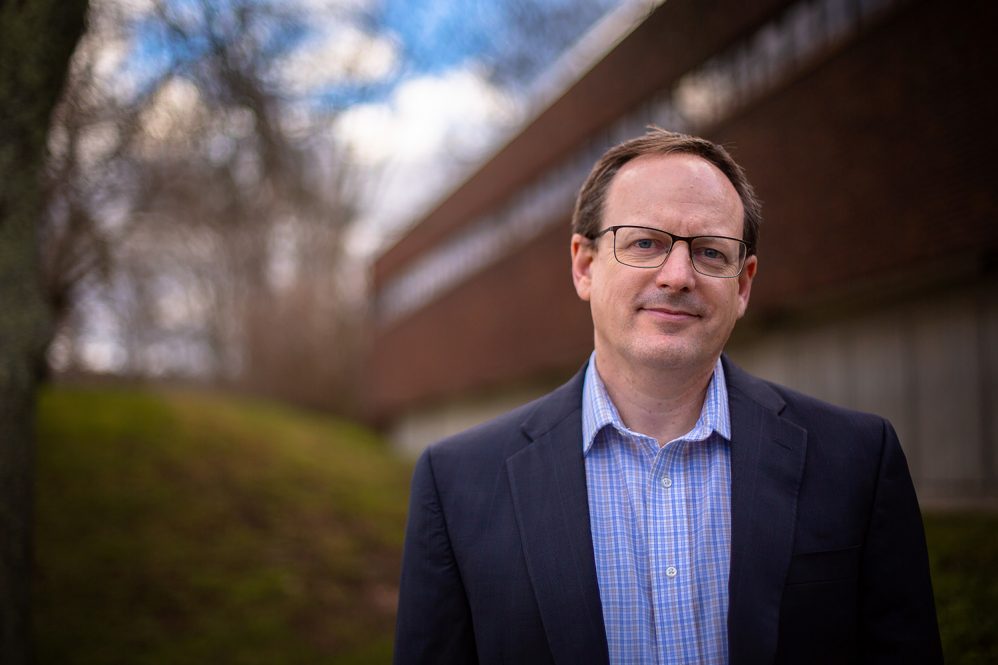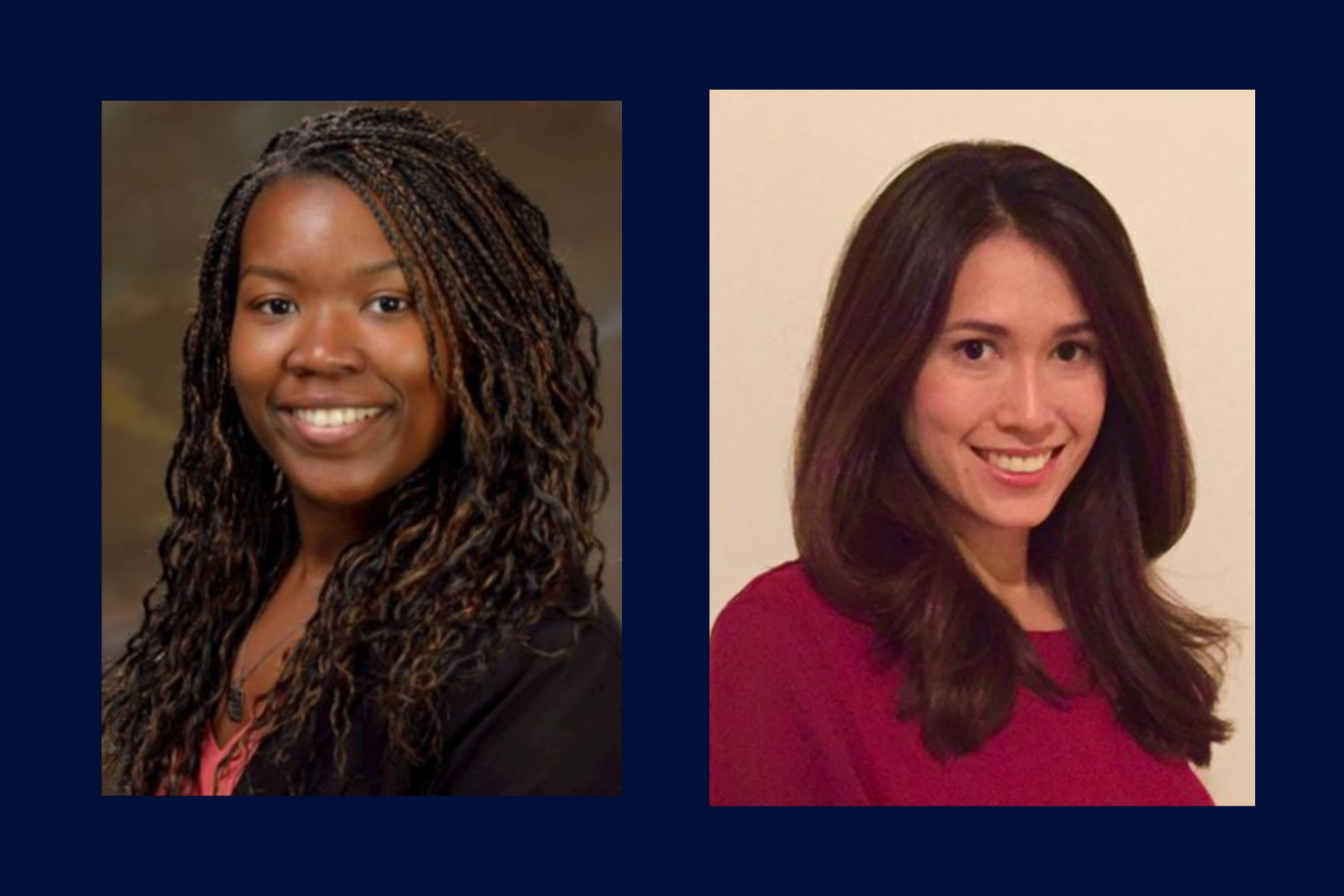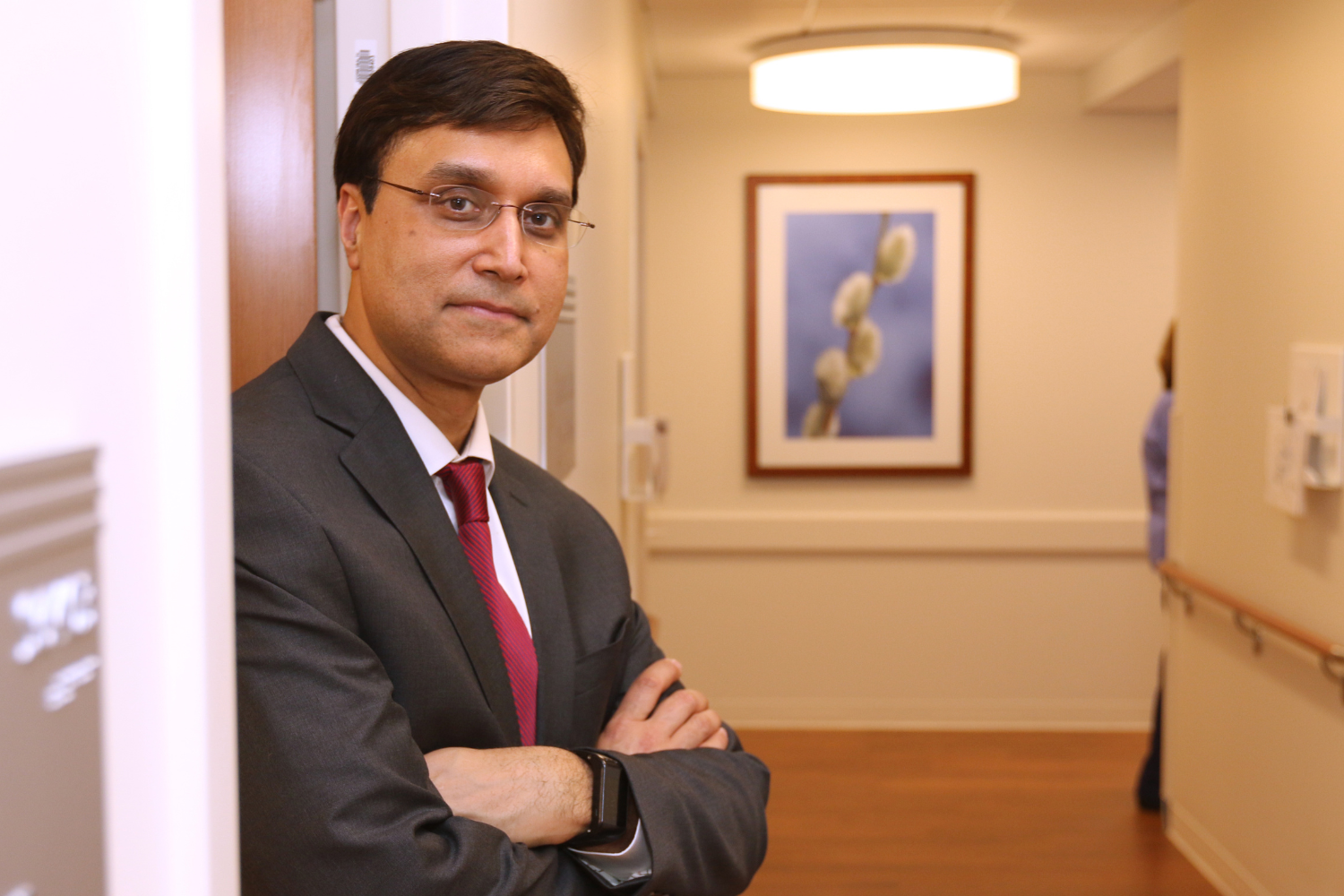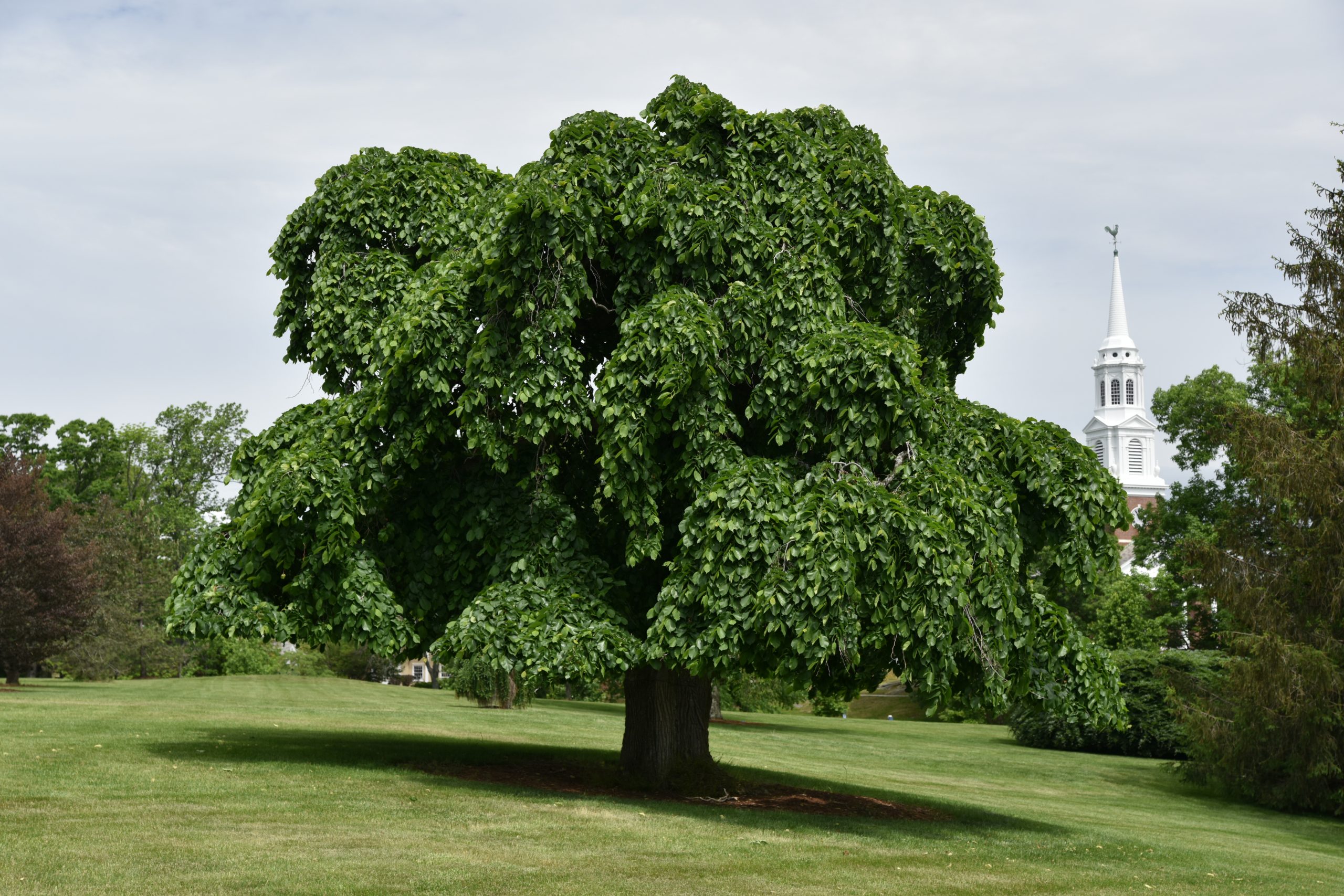Derek Houston has high hopes for the future of his “relatively young” field — and for good reason. He says there’s nothing more important to the human experience than the ability to communicate with one another.
This fall, Houston joined the Department of Speech, Language, and Hearing Sciences as head and professor. He brings more than 20 years of experience, including a 15-year role at Indiana University where he constructed the world’s first laboratory to investigate the speech perception and language skills of deaf infants who receive cochlear implants.
We caught up with Houston to learn more about his research, goals, and desire to give back to the people of Connecticut.
What got you interested in your field?
A family friend and colleague of my father’s was an expert in aphasia, which are language disorders after stroke. This sparked my interest in language processes and the challenges some people face. I became interested in early language development as a way to get at the root of language processing.
Tell us about your research.
I study the role of auditory experience on spoken language development. I do this primarily by comparing children with different types of auditory experiences (e.g., typical hearing, children with hearing aids, children with cochlear implants) in various aspects of language development.
What’s one goal you have for the Department of Speech, Language, and Hearing Sciences?
Our faculty are at the forefront of advancing knowledge about human communication and then applying that knowledge to the meet the clinical communication needs of Connecticuters — both directly in our clinic and by educating the next generation of audiologists and speech-language pathologists. So, they are playing a vital role in fulfilling UConn’s core mission as a land grant university to serve the public’s practical needs.
My goal is to advocate for our faculty to get the recognition and support within the University they deserve to strengthen their impact. We have had a great start so far with Dean Wade’s support of my position and two new junior faculty members.
What’s one thing you want students to know about your department?
I am new to UConn. I have never known a faculty so capable and committed to the educational experience and general welfare of students.
What’s the biggest misconception about your field?
Because our field is relatively young, there are still many who have never even heard of speech, language, and hearing sciences, much less understand the range of research and clinical services audiologists and speech-language pathologists perform.
Where do you see the field going in the next 10-20 years?
Our field is in its infancy compared with most other fields in science. Although most of us can speak, hear, and understand language effortlessly, we are very far from understanding how these highly complex systems work. We are even further from being able to fully help those who have difficulty. We will continue to make significant gains in the next 10-20 years, but the solutions to these amazing puzzles are likely centuries away.



